<Report from overseas office> [China] China's smartphones may replace APPs! A "mini-program" that runs on Wechat!
- Release date: Oct 26, 2020
- 10492 Views
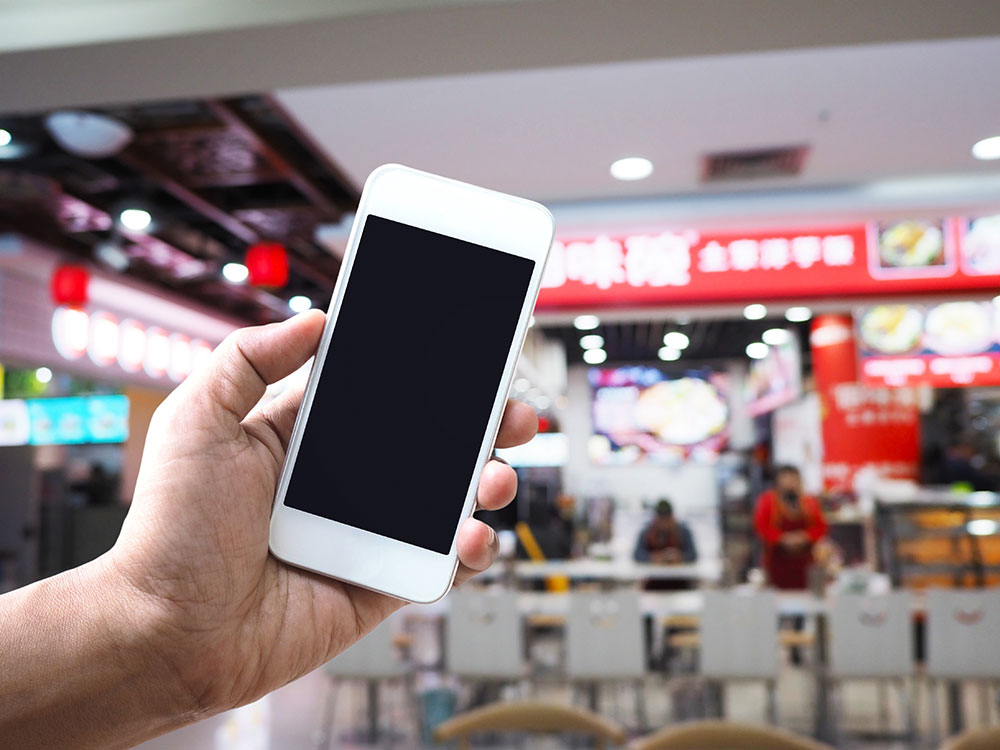
Wechat is the most popular communication app in China as of 2020, with 1.15 billion Monthly Active Users (MAU) in 2019, making it a monster app.
In the same way that LINE is the leading communication tool in Japan, Wechat is the leading communication tool in China, and it is safe to say that almost all smartphone users have Wechat installed.
According to a survey conducted by Intage, about 90% of smartphone owners in Shanghai and Beijing use Wechat, indicating that its usage rate is higher than that of other apps.
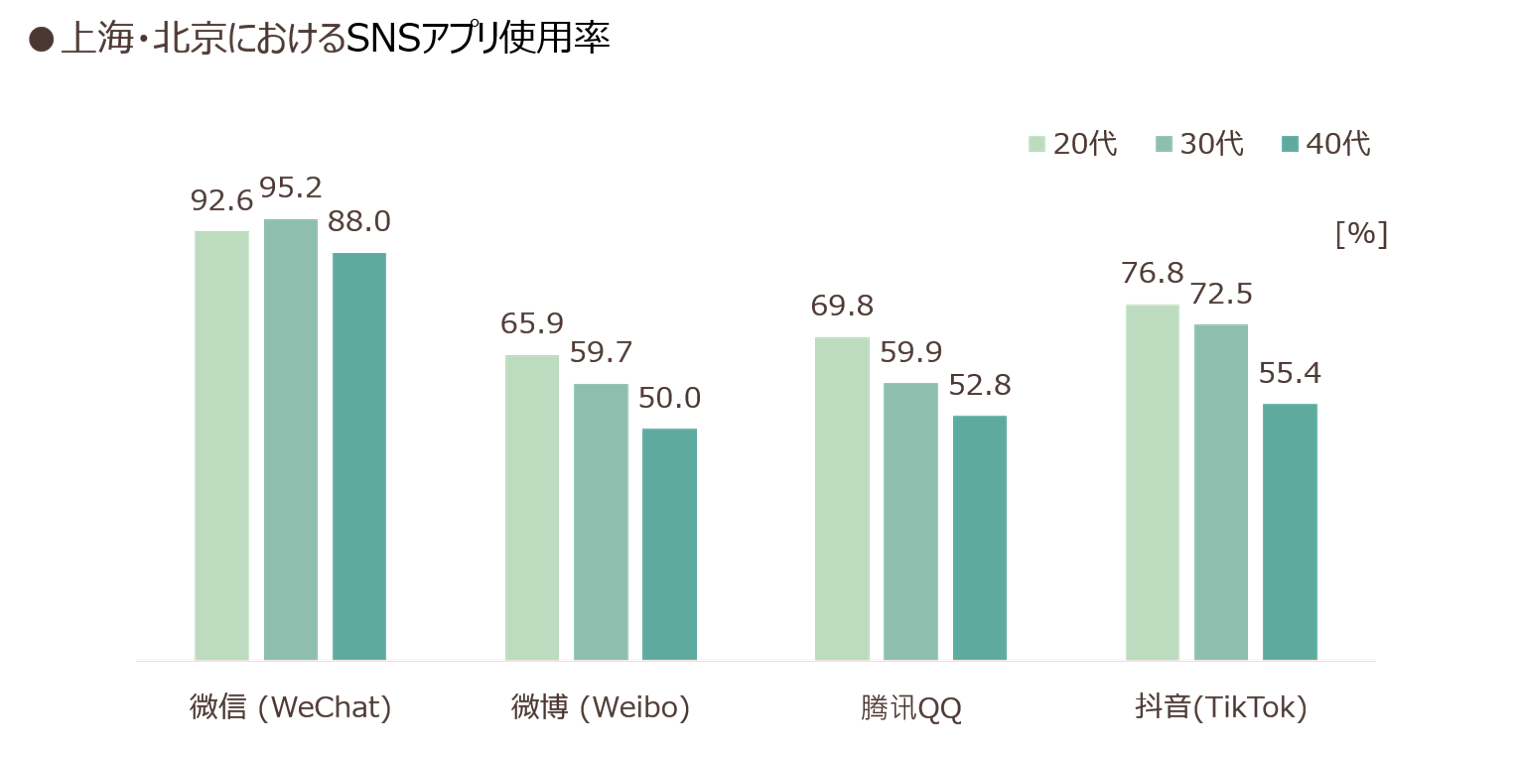
Intage independent survey
Base: Smartphone owners in Shanghai and Beijing
Sample size: 20s (n=457), 30s (n=461), 40s (n=460)
Base: Smartphone owners in Shanghai and Beijing
Sample size: 20s (n=457), 30s (n=461), 40s (n=460)
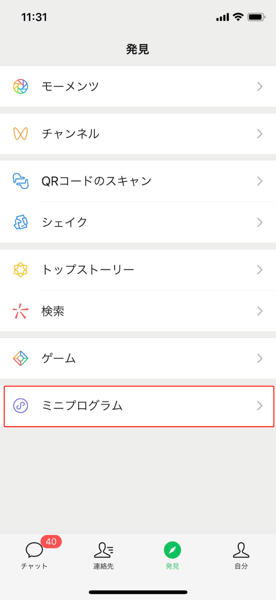
In terms of programs that run on top of apps.
Although similar formats exist on other large platforms such as Alipay, this paper focuses mainly on Wechat.
In this paper, we will mainly focus on the case of Wechat's mini-programs.
What exactly is a mini-program?
Mini-programs, as mentioned above, is a generic term for APPs that run on Wechat.In other words, the mini-program itself is a platform or a form of APP operation.
In other words, a mini-program itself is a platform, or a form of APP operation, and does not have any unique functions of its own.
So, what is so great about mini-programs?
One thing worth mentioning is that they are seamless.
For example, let's consider the process of downloading an e-commerce app and shopping.
In the case of a normal APP
(1) Access the store and search for the app
(2) DL and install the app
3) Register as a user of the app
Register your payment method
5) Use the app.
You need to go through the following steps.
In the case of the Wechat mini program, the following steps are required
1) Search for the APP on the Wechat mini program and open it.
2) Use it.
(2) Use.
Since Wechat already has a payment function (WechatPay), even the registration of the payment method can be omitted.
This mechanism has advantages for both the provider and the user of the APP.
From the provider's point of view, no matter how good the service is, consumers will inevitably drop out at the user registration and payment method registration stages. Mini-programs allow you to structurally skip that part.
From the user's point of view, it is easier to use the service as it requires less effort to register. In addition, since the user does not have to download the APP itself, it prevents the uncontrolled flooding of the home screen with apps.
Life with the mini-program
So, what services are offered exactly?For example, if you search for "mini-programs nearby," nearby stores will be picked up as shown below, and you can order delivery right on the app.
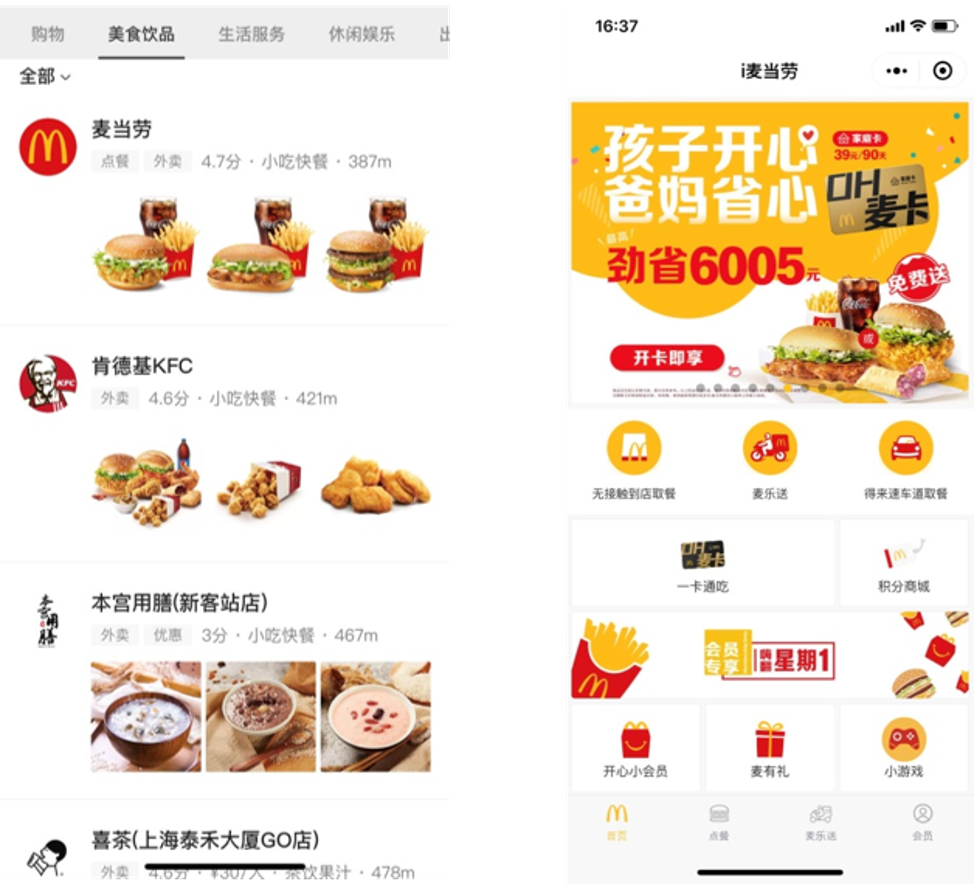
(Left: Excerpt from the author's Wechat screen / Right: McDonald's mini-program)
The above is an example of fast food, but there are also other so-called "public" services running on the mini-program. The main services are as followsUser terminal of the State Council (provides coronavirus-related information and PCR test records)
Passage cards (which identify a person's location within two weeks based on base station information and indicate safety against infection)
Health barcodes (to indicate the risk of infection based on travel status to overseas and domestic infected areas)
etc. These services can also be run on the Wechat mini-program.
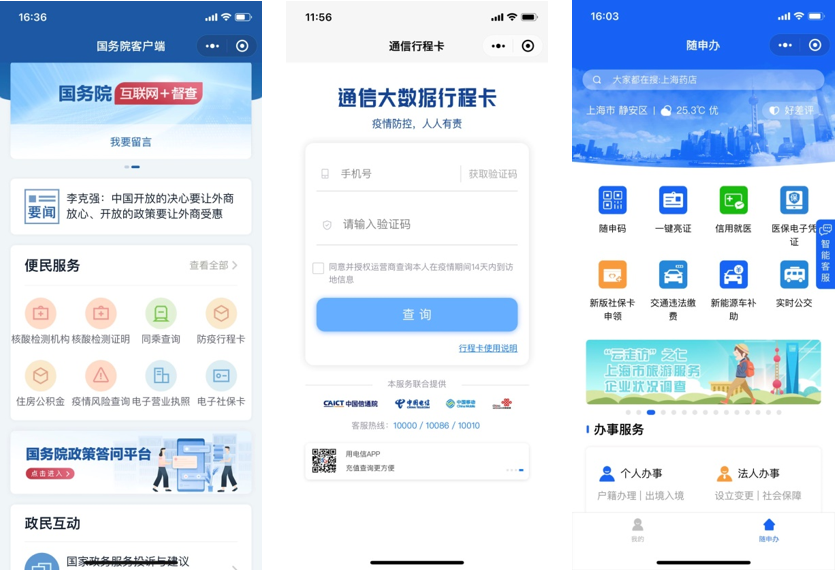
(From left to right, excerpts from the mini-programs of the State Council, transportation cards, and health barcodes)
What kind of world does a mini-program create?
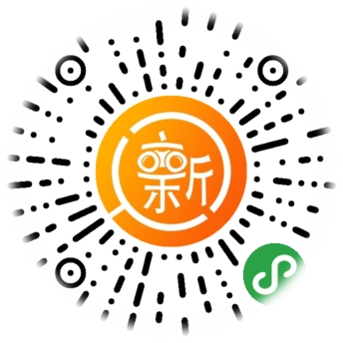
So how will consumer life change?
If the number of stores and services that can be used increases, the convenience of users will improve. In addition, even if there is a high level of psychological resistance to installing the store's APP, if it is a mini-program, users can easily try it out without downloading the APP...and the cycle begins to turn.
Of course, a mini-program is not a universal "magic tool".
The ease of trial is a big plus in terms of getting first-time users, but a minus in terms of retaining customers.
What the mini-program format does is to lower the hurdle of "too much trouble," which in turn makes the question of whether the APP or service enriches the user's life more important. This means that the essence of whether the APP or service is enriching the user's life will be questioned more.
"Order a cup of coffee in advance via the APP, pick it up seamlessly on the way to work, and leave for the office.
This is the world view created by Luckin Coffee, a major Chinese coffee chain.
Even though it was delisted from NASDAQ in 2008 for window dressing, this was part of the core of how Luckin Coffee, founded in 2005, was able to catch up with Starbucks in a few years. But now, with mini-programs, individual coffee shops can do the same thing on an individual store level.
The era where a business model is designed to lock in customers and users, and once they are locked in, they are safe and sound, is getting further and further away. The importance of trial and error has never changed, but the cycle is becoming shorter and shorter. What is the value for users in this ever-changing market? In a sense, the market environment is equal, with opportunities for services that can meet the needs of the market and hardships for those that cannot, so what services will emerge next? In a sense, it is a level playing field.
-
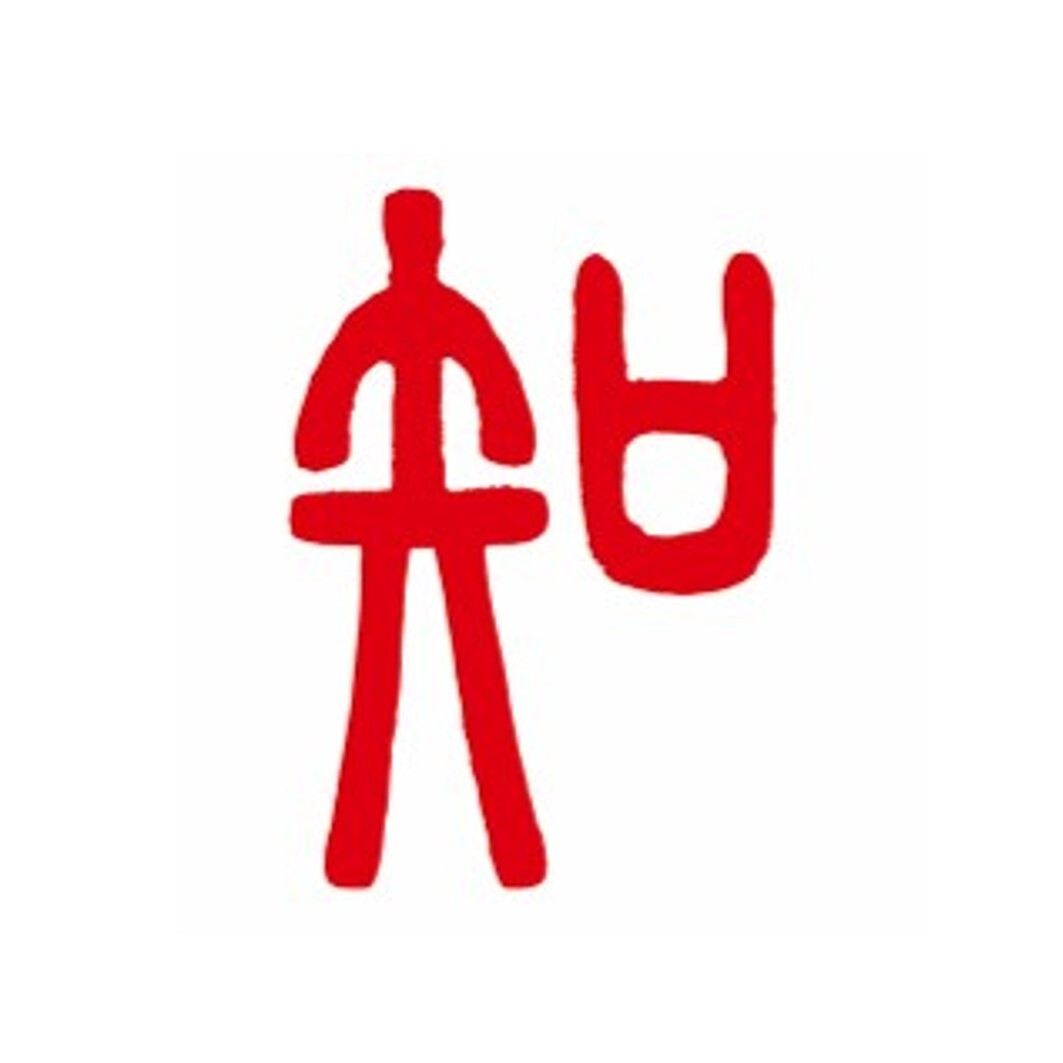
Author profile
(Mr.) Taro Kashii
Researcher based in Shanghai, China, stationed in Shanghai since June 2017. Currently working in the consumer goods sector. She has been stationed in Shanghai since June 2017.
-

Editor profile
Intage Inc.
―
 Global Market Surfer
Global Market Surfer CLP
CLP